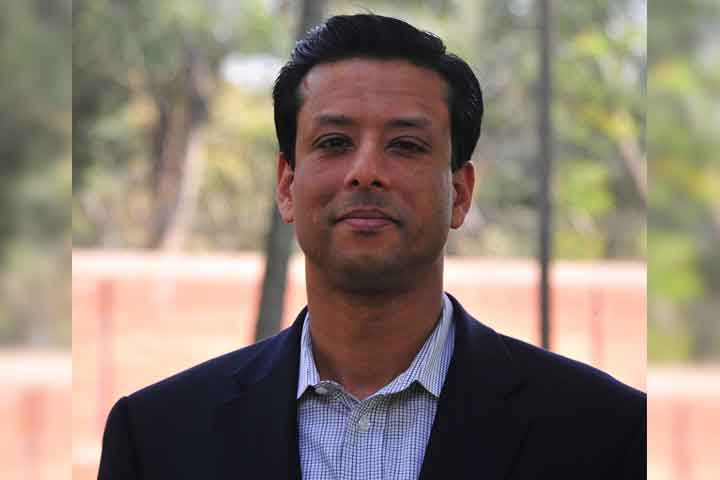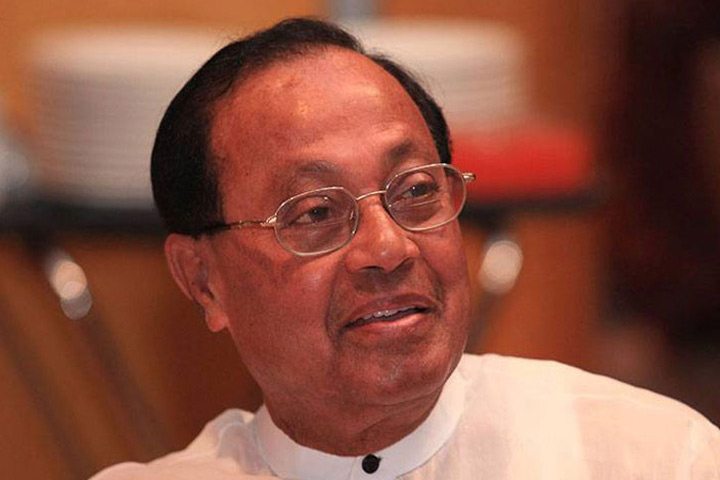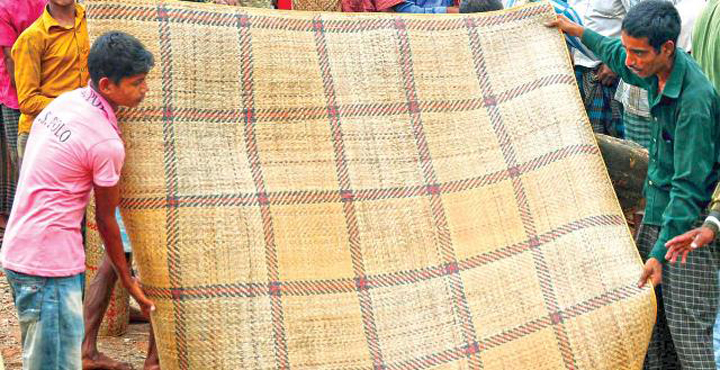BANGLADESH: About the recognition of the 1971 Bangladesh Genocide
In 1971 the deaths of three million people, the rape of more than 200,000 women, the ten million who fled for their lives and took refuge in India, and the thirty million who were internally displaced, shocked many people around the world.
The attempt by the Pakistan military to destroy the Bengalis as a people during the Bangladesh War of Independence was recognised, at least by some, for what it was. The headline in the London Sunday Times read simply ‘Genocide’.
A Pakistani commander was quoted as making the genocidal intention clear, stating that “We are determined to rid East Pakistan of the threat of cessation, once and for all, even if it means killing two million people and ruling it as a colony for 30 years”.
That target for killings was surpassed but East Pakistan nevertheless achieved independence as Bangladesh, yet after more than 50 years those terrible events have still not been internationally recognised as genocide.
Global Human Rights Defence, an international human rights organisation based in The Hague, held a conference in the European Parliament aimed at convincing MEPs and wider society that the time has come for Europe and the world to recognise the genocide that was so swiftly forgotten in so many countries after 1971.
Member of the European Parliament (MEP) Fulvio Martusciello took the initiative and hosted the event at the European Parliament though he could not be present there due to flight schedule issues. His speech was delivered by his representative Communication Expert Giuliana Francoisa.
MEP Isabella Adinolfi focused on the brutalities faced by the Bengali women during the Bangladesh Genocide in 1971 and called for its recognition by the European Parliament.
She gave a powerful message from the host MEP Fulvio Martusciello: “It’s time for the EU to recognize what happened in Bangladesh as a crime against humanity, more than 50 years after the nation was plunged in blood and tyranny”. Another MEP Thierry Mariani was also present at the event.
The President of Global Human Rights Defence, Sradhnanand Sital, recalled that after the Second World War Europe had said ‘never again’ but in Bangladesh there had been organised genocide, not only against the Hindu minority (who were especially targeted) but all Bengalis.
Paul Manik, a human rights activist who experienced the brutality as a youth, called on the European Parliament to recognise that this was not just a large-scale massacre, it was genocide.
The Director of Human Rights Without Frontiers, Willy Fautré, explained how years of persecution had culminated in genocide. Since its foundation in 1947, Pakistan had been politically and militarily dominated by West Pakistan, where Urdu was the main language.
But the most populous part of the new state was Bengali-speaking East Pakistan. Within a year, Urdu was attempted to be proclaimed the sole national language.
Decades of ethnic and linguistic discrimination against Bengalis followed, with their literature and music banned from state media. The oppression was reinforced by military rule but in December 1970 an election was held.
The Awami League, led by Father of the Nation of Bangladesh Bangabandhu Sheikh Mujibur Rahman, swept to victory, winning all but two of the parliamentary seats representing East Pakistan and a majority in the entire state’s National Assembly.
Instead of allowing him to form a government, the Pakistan military prepared “Operation Searchlight”, to arrest and kill Bengali political leaders, intellectuals and students.
It was a classic attempt to decapitate society and a major step down the road to genocide. The operation was launched on the evening of 25 March 1971, met immediate fierce resistance and led to Bangladesh’s independence being proclaimed in the early hours of the next day, 26 March 197/, by Bangabandhu Sheikh Mujibur Rahman.
In a film shown at the conference in the European Parliament, an eyewitness recalled her father, a professor, being shot and left for dead within minutes of his arrest. She and her mother were already trying to help four other dying men before a neighbour discovered her father. By the time he received medical help, there was no hope for him.
Willy Faubré observed that using the term genocide to refer to such events and the mass killings and rapes that followed should hardly be controversial. Renowned institutes, Genocide Watch, the Lemkin Institute for Genocide Prevention and the International Coalition of Sites of Conscience, and the International Association of Genocide Scholars have all come to that conclusion.
Bangladesh’s Ambassador to the European Union, Mahbub Hassan Saleh, said that the European Union is a strong advocate for human rights all over the world, so it would be a great step if the European Parliament and other EU institutions recognised the Bangladesh Genocide.
He said, “… particularly sitting inside the European Parliament, I would only hope that some members of the European Parliament cutting across all political groups will propose a resolution to recognize the Bangladesh Genocide 1971 as soon as possible …”.
Ambassador Saleh also said It was the primarily the responsibility of Bangladeshis to tell the world what happened over nine months in 1971. “We don’t lose heart, we have waited 52 years, so we can wait a little more, but we will definitely get international recognition of the Genocide in Bangladesh in 1971”, he added.
He thanked the organizers for hosting the event in the European Parliament and urged all to lend their hands to strengthen the global campaign for recognition of the Genocide in Bangladesh in 1971.
The panel of speakers included Andy Vermaut, a human rights activist and President of Postversa who spoke very passionately about the victims and their families of victims of the Bangladesh Genocide 1971.
The event was moderated by Manel Msalmi, International Affairs Advisor to MEPs, who spoke very forcefully about the importance of recognition of the Bangladesh Genocide in 1971. The event was attended by a large number of people of different nationalities including students from academic institutions in Belgium.
11 Jul 2023,15:34


















 Live Tv
Live Tv









